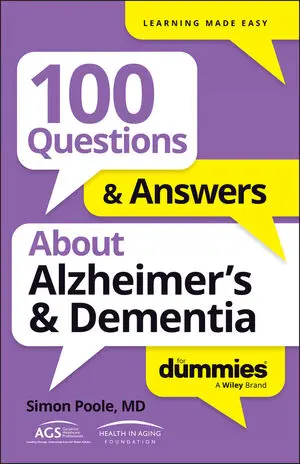Every box of pills obtained from the pharmacy comes with a package insert detailing all the possible side effects to look out for when taking the medication. Some lists are longer than others, and if you studied them in microscopic detail, you'd never swallow anything your doctor ever prescribed, for fear that the cure was worse for you than the illness itself.
These package inserts must list all side effects experienced by subjects during the drug research studies. So, you can see that a list can be quite long although many of the side effects listed may occur infrequently. The most common side effects of a medication are listed first.
So although reading the leaflet is always a good idea, remember that the side effects listed are only possible and not definite, and the ones lower down the list are rare. Side effects are also less likely when beginning treatment at the lowest possible dose and adjust the dose up slowly as tolerated. That is why doctors are taught to "start low and go slow" when prescribing medication.
Side effects often wear off after a few days when you get used to taking the medication. So unless they're severe, persevere for a week or so to see whether the side effects resolve.
Most people take these drugs with very little trouble at all. The side effects of memantine are less likely to occur and generally less severe than for the acetylcholinesterase inhibitors. Here are some side effects to be aware of for both groups of drug:- Acetylcholinesterase inhibitors: Loss of appetite, weight loss, nausea, indigestion, abdominal pain, vomiting and diarrhea, muscle cramps, headaches, dizziness, tiredness, insomnia, slow heart rate, fainting, frequent urination or urinary incontinence, abnormal dreams (less when taking dose in morning), tremor, increased salivation (spit production), skin reactions from patches
- Memantine: Headache, dizziness, and tiredness; abdominal pain, diarrhea, or constipation; shortness of breath; back pain; anxiety; weight gain; raised blood pressure
- Acetylcholinesterase inhibitors: Other than breast-feeding mothers (who very rarely develop dementia), no groups of people exist who absolutely shouldn't take these drugs. Doctors do, however, prescribe them with caution to people with established heart, liver, lung, or kidney disease or active peptic ulcer disease, anyone who has a medical history of having seizures, and pregnant women.
- Memantine: Not ideal for pregnant women or those individuals with epilepsy or other seizure disorder. Also avoid use if you have elevated blood pressure; heart, kidney, or liver problems; or had a recent heart attack.






